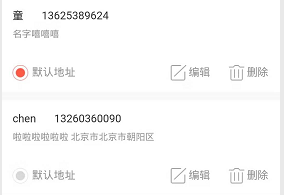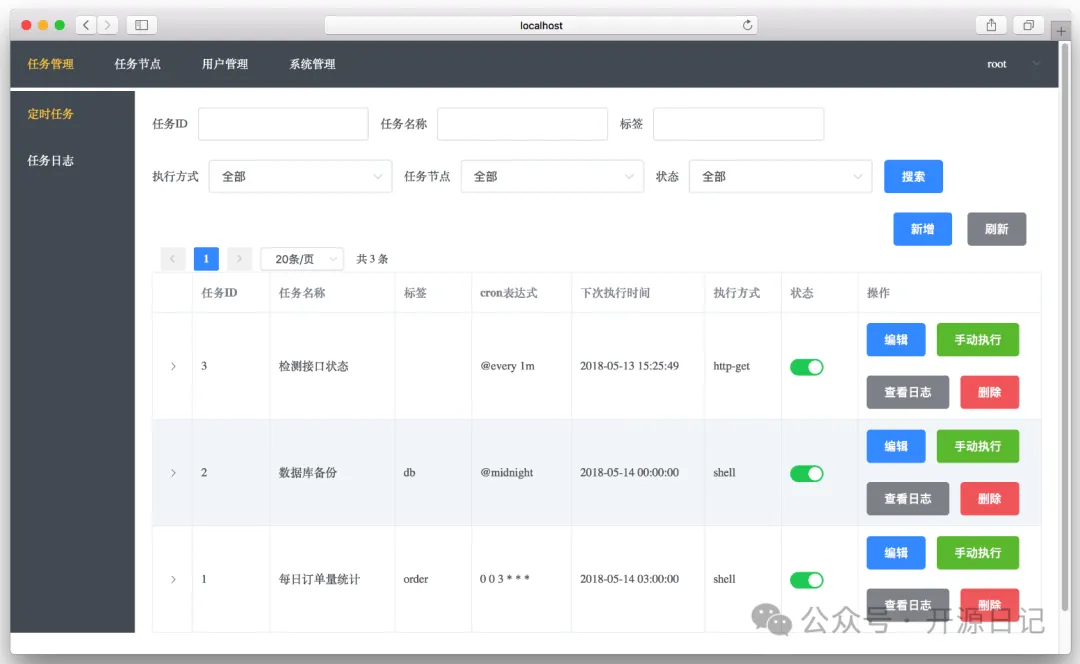目录
1.安装2.导入3.定义校验规则(最好是在utils文件夹中单独封装js文件导出)4.使用Form组件配置校验规则和错误对象 (form 和 Field都是从插件中按需导出)5.使用 Field 组件,添加表单项目校验6.补充表单数据和验证规则数据
1.安装
npm i vee-validate@4.0.3
2.导入
import { Form, Field } from \'vee-validate\'
3.定义校验规则(最好是在utils文件夹中单独封装js文件导出)
// 创建js文件进行导出
export default {
// 校验项account
account (value) {
if (!value) return \'不能为空\'// 条件判断,
return true // 最后全部通过必须return true
},
password (value) {
if (!value) return \'请输入密码\'
if (!/^\\w{6,24}$/.test(value)) return \'密码是6-24个字符\'
return true
},
mobile (value) {
if (!value) return \'请输入手机号\'
if (!/^1[3-9]\\d{9}$/.test(value)) return \'手机号格式错误\'
return true
},
code (value) {
if (!value) return \'请输入验证码\'
if (!/^\\d{6}$/.test(value)) return \'验证码是6个数字\'
return true
},
isAgree (value) {
if (!value) return \'请勾选同意用户协议\'
return true
}
}
4.使用Form组件配置校验规则和错误对象 (form 和 Field都是从插件中按需导出)
// validation-schema=\"mySchema\" 配置校验规则
// v-slot:导出错误对象
<Form
:validation-schema=\"mySchema\"
v-slot=\"{ errors }\"
>
<!-- 表单元素 -->
</Form>
<script>
import schema from \'@/utils/vee-validate-schema\'
setup () {
// 表单对象数据
const form = reactive({
account: null, // 账号
password: null // 密码
})
// 校验规则对象
const mySchema = {
account: schema.account,
password: schema.password
}
return { form, mySchema }
}
</script>
5.使用 Field 组件,添加表单项目校验
//1. 把input改成 `Field` 组件,默认解析成input
//2. `Field` 添加name属性,作用是指定使用schema中哪个校验规则
//3. `Field`添加v-model,作用是提供表单数据的双向绑定
//4. 发生表单校验错误,显示错误类名`error`,提示红色边框
<Field
v-model=\"form.account\"
name=\"account\"
type=\"text\"
placeholder=\"请输入用户名\"
:class=\"{ error: errors.account }\" // 如果返回错误信息,为true 显示类error
/>
<!-- <input type=\"text\" placeholder=\"请输入用户名\" /> -->
6.补充表单数据和验证规则数据
// 表单绑定的数据
const form = reactive({
account: null, // 账号
password: null, // 密码
isAgree: true // 是否选中
})
// 声明当前表单需要的校验数据规则
const curSchema = reactive({
account: schema.account, // 账号
password: schema.password, // 密码
isAgree: schema.isAgree // 是否选中
})
以上就是Vue vee-validate插件的简单使用的详细内容,更多关于Vue vee-validate插件的资料请关注其它相关文章!
© 版权声明
THE END










暂无评论内容